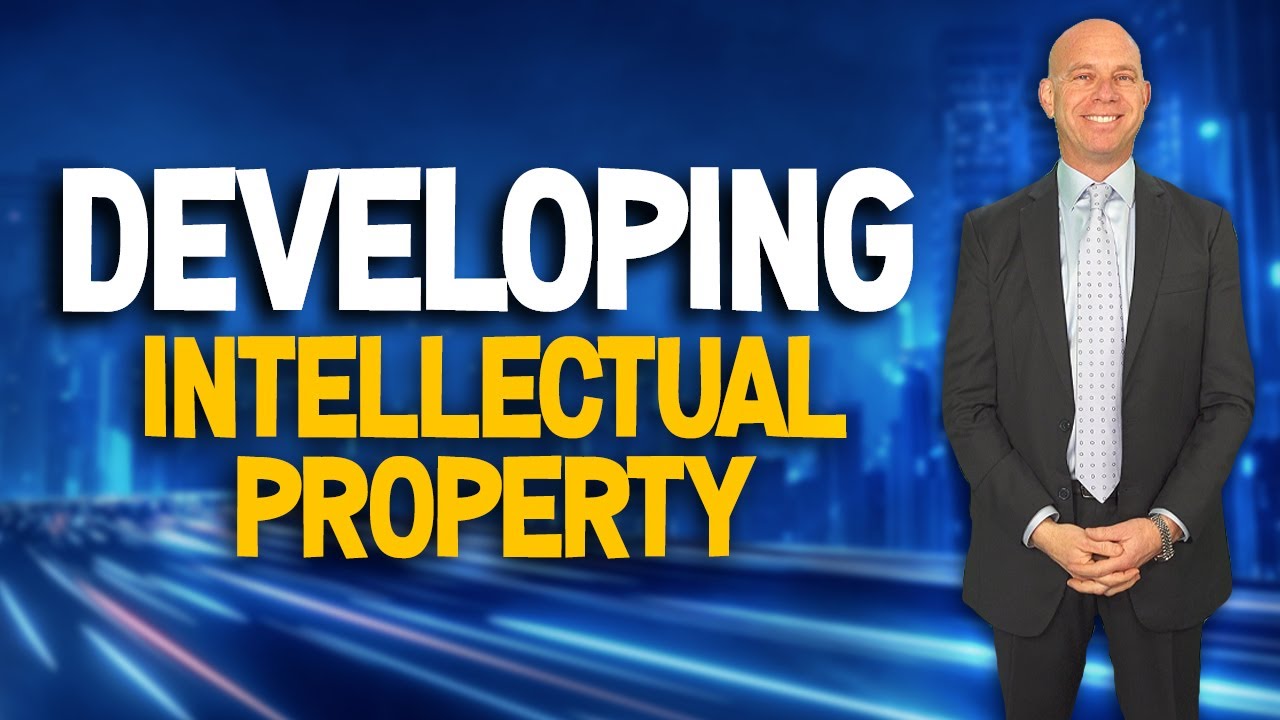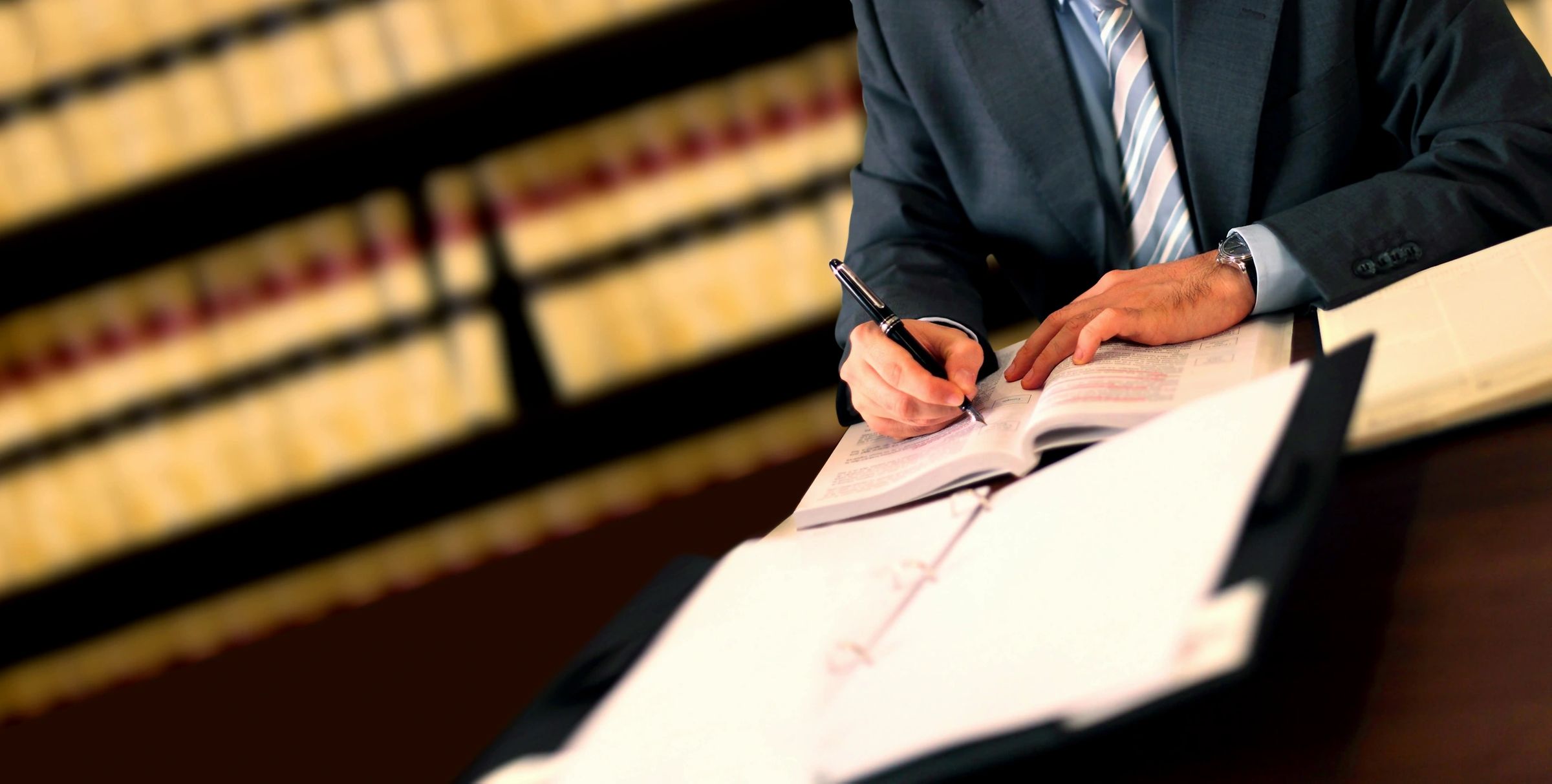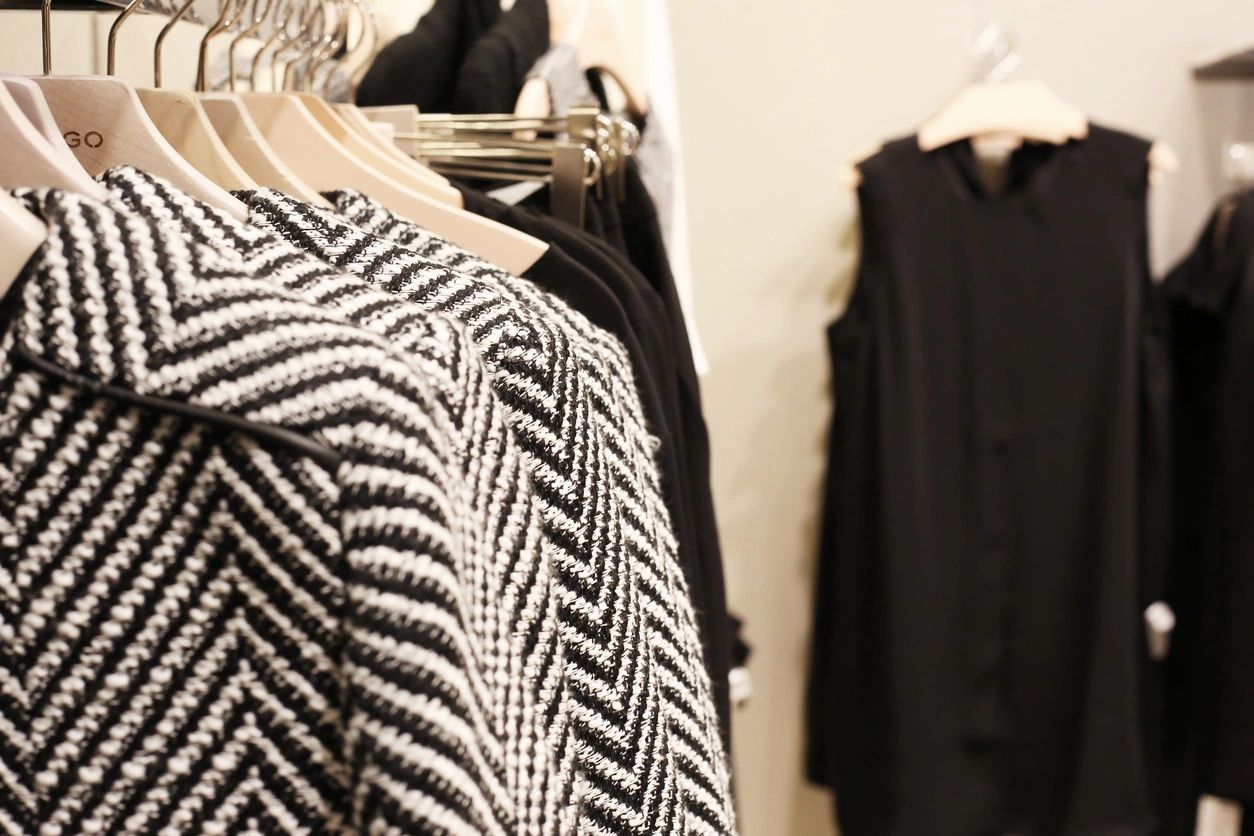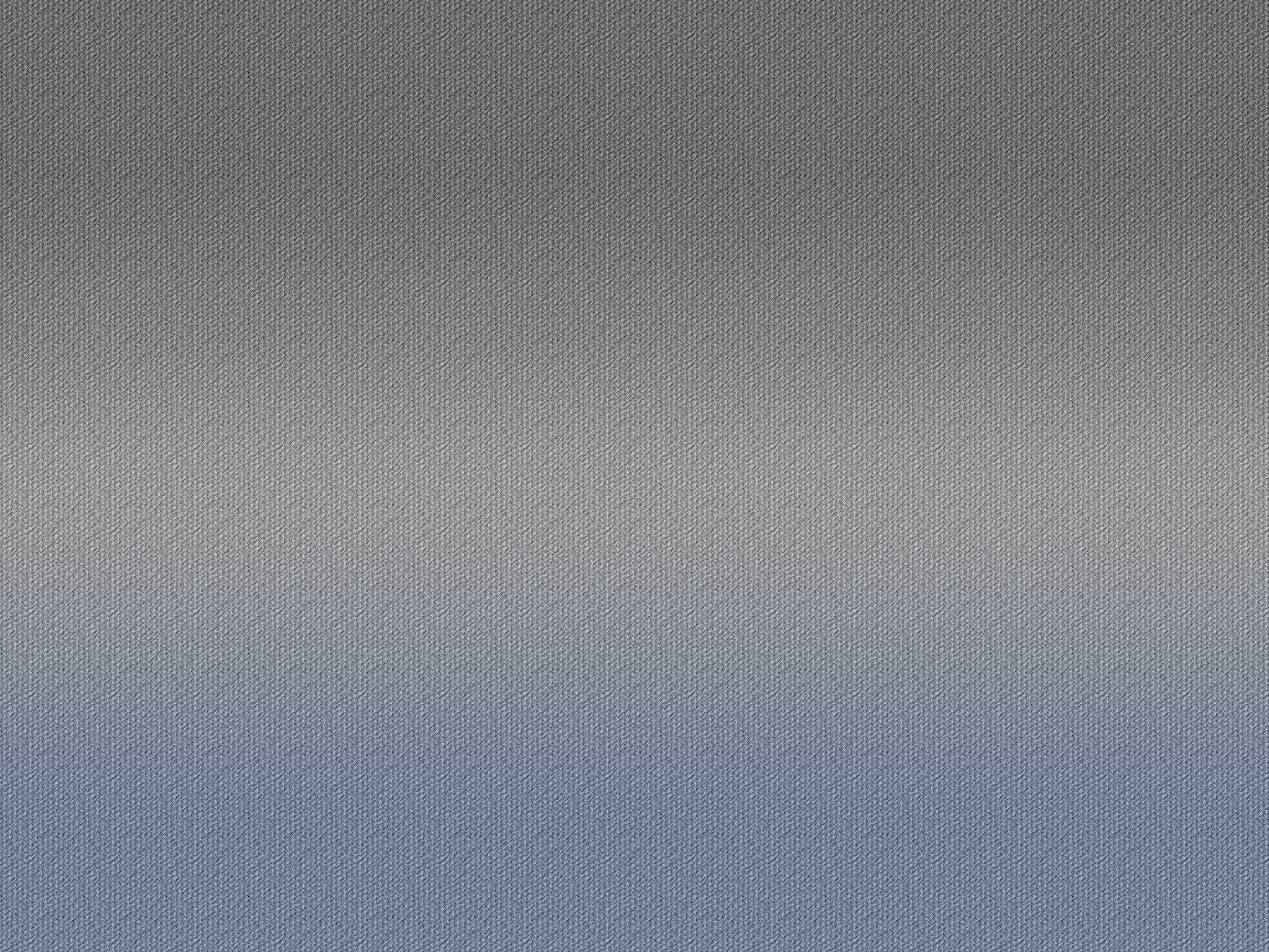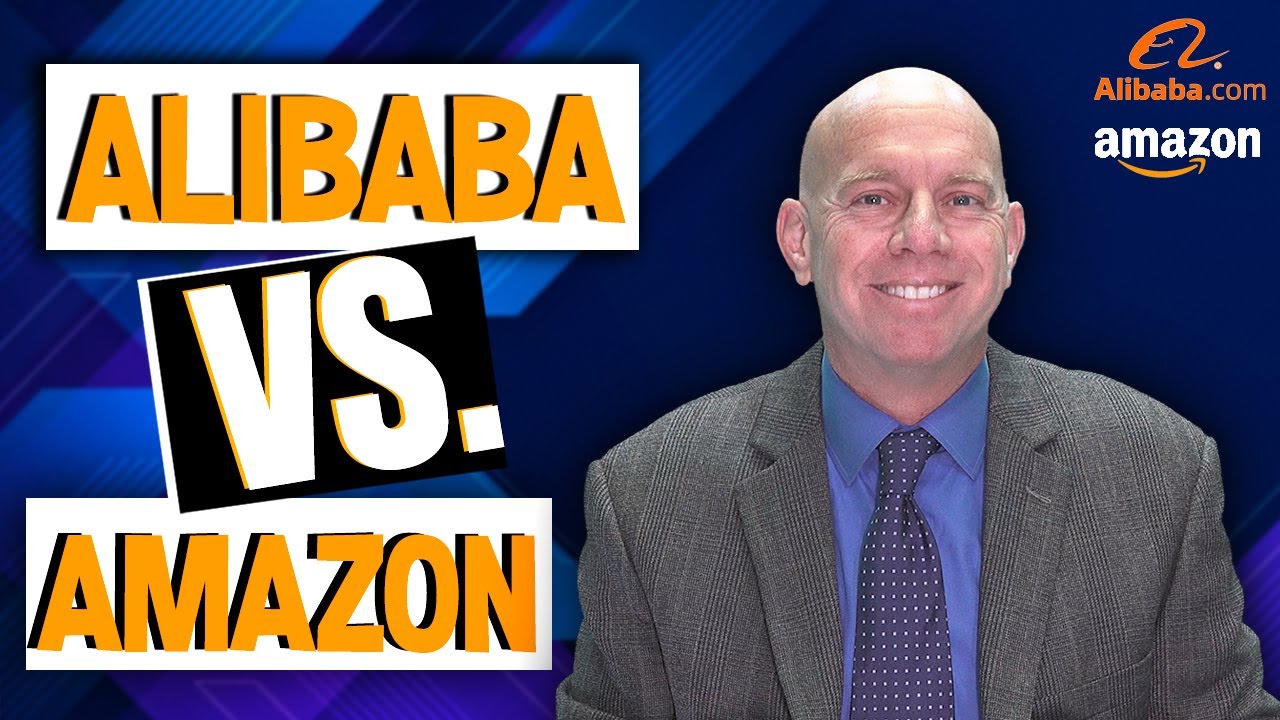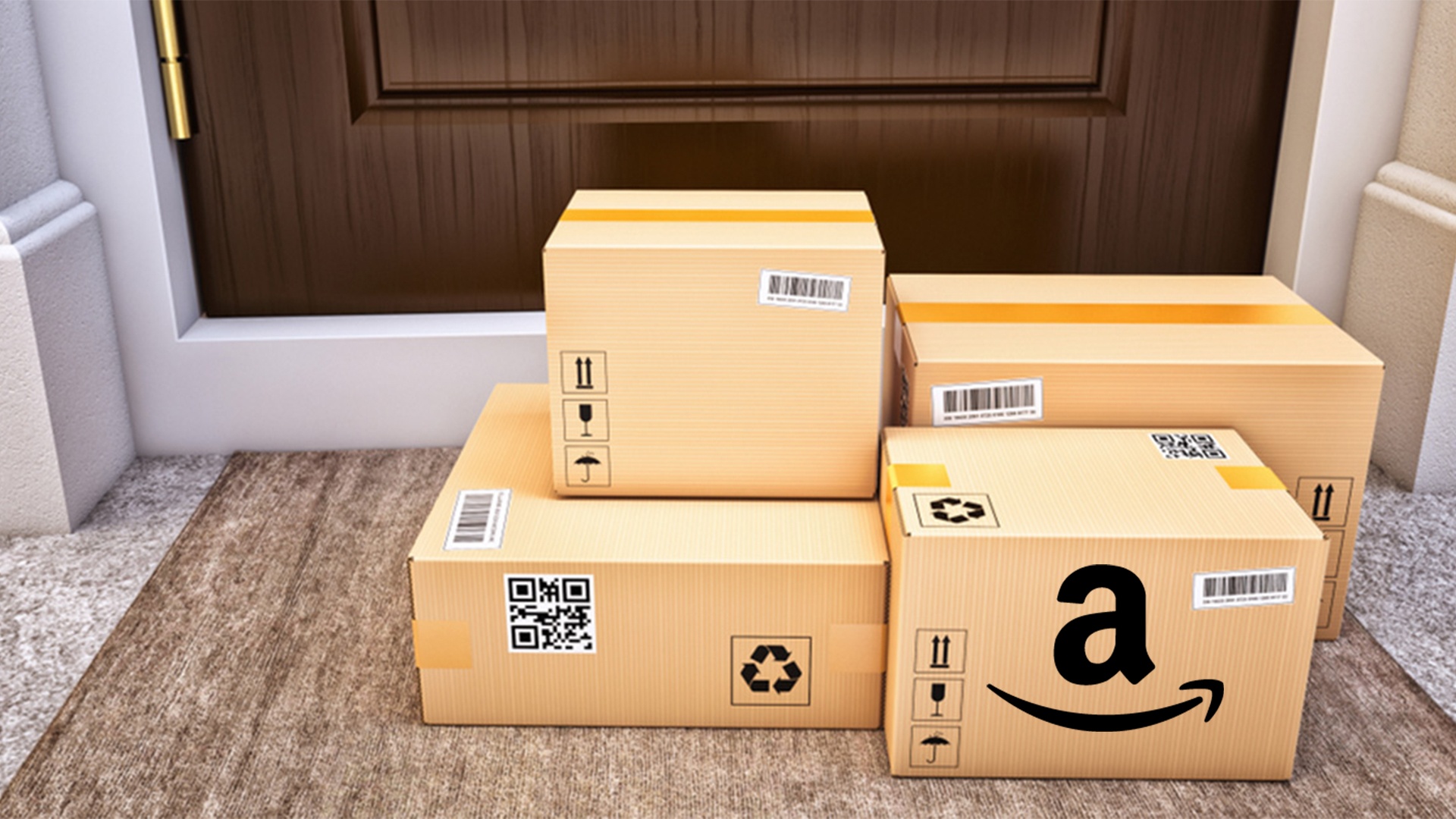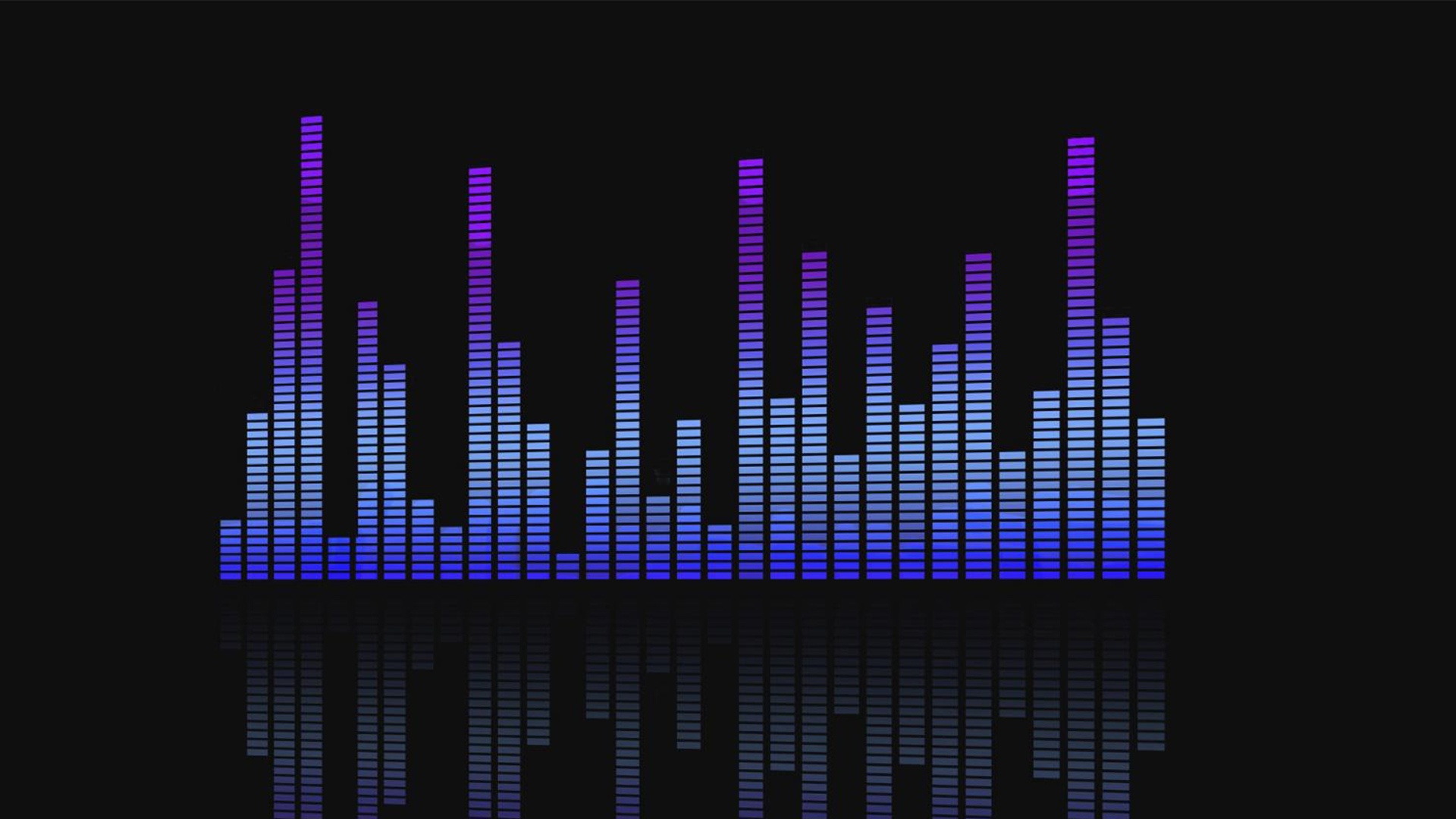
No artist during the grueling process of creating music has ever thought, “I should really register the copyright on my works to protect them from being stolen.”
There are several reasons for this. First is the fact that technology used to be such that theft and proliferation of artistic works was much more difficult. At one point in time, a person required special equipment and know how in order to steal music. But, as technology evolved, it became progressively easier thing to do.
Presently, most of you reading this has a smartphone that is more powerful than anything that existed twenty years ago, and it is really good at stealing music. Whether it is streaming tracks on YouTube, or downloading torrents of discography’s, everyone has pirated music at some point.
A Changing Industry
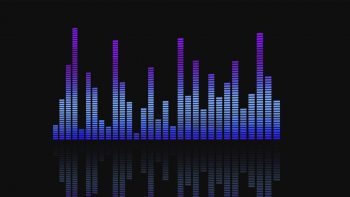 Modern technology is not all bad though. Many niche artists have benefited from their music being shared and streamed. Artists are now able to reach a global audience without being signed to a label, or working with a manager or agent. Something that was unheard of only a few decades ago.
Modern technology is not all bad though. Many niche artists have benefited from their music being shared and streamed. Artists are now able to reach a global audience without being signed to a label, or working with a manager or agent. Something that was unheard of only a few decades ago.
Regardless of the positives or negatives, the industry has changed, and artists need to protect their work. One of the simple and cheapest ways for artists to do this is to register their copyright with the US Copyright Office.
Legal Framework
According to US copyright law, copyright is:
“a form of protection provided by the laws of the United States to the authors of ‘original works of authorship’ that are fixed in a tangible form of expression. An original work of authorship is a work that is independently created by a human author and possesses at least some minimal degree of creativity. A work is ‘fixed’ when it is captured in a sufficiently permanent medium such that the work can be perceived, reproduced, or communicated for more than a short time.”
In the United States, copyright protection begins as soon as the original work of authorship is fixed to a tangible medium.
Copyright protection is authorized by Article 1 Section 8 of the U.S.C.
The copyright clause empowers congress to:
“promote the progress of science and useful arts, by securing for limited times to authors and inventors the exclusive right to their respective writings and discoveries.”
This clause is the basis of intellectual property law in the United States, specifically copyright and patent laws.
Night of the Living Dead – A Cautionary Tale
While not a case of musical mismanagement, Night of the Living Dead should act as a cautionary tale to all artists.
Have you ever wondered why in every movie, if someone is supposed to be watching a horror movie, it is always Night of the Living Dead?
Currently, Night of the Living Dead exists in the public domain:
“… Night of the Living Dead was not copyrighted thanks to a monumental blunder by its distributor.”
One of the most famous and controversial films ever made does not earn a dime for its creator. Now imagine that same thing happened to Nirvana and “Smells Like Teen Spirit”… crazy, right?
Registering Your Copyright: The Good News
These horror stories from lack of registration are totally preventable.
Copyright is comparatively extremely cheap to register and can be done online. There is no reason not to protect yourself and your work. Even if Spotify does not pay a lot per track played, it is better than nothing, and that is a possibility.
So, protect yourself, and feel free to give us a call if you have any questions: 212-256-1109.

